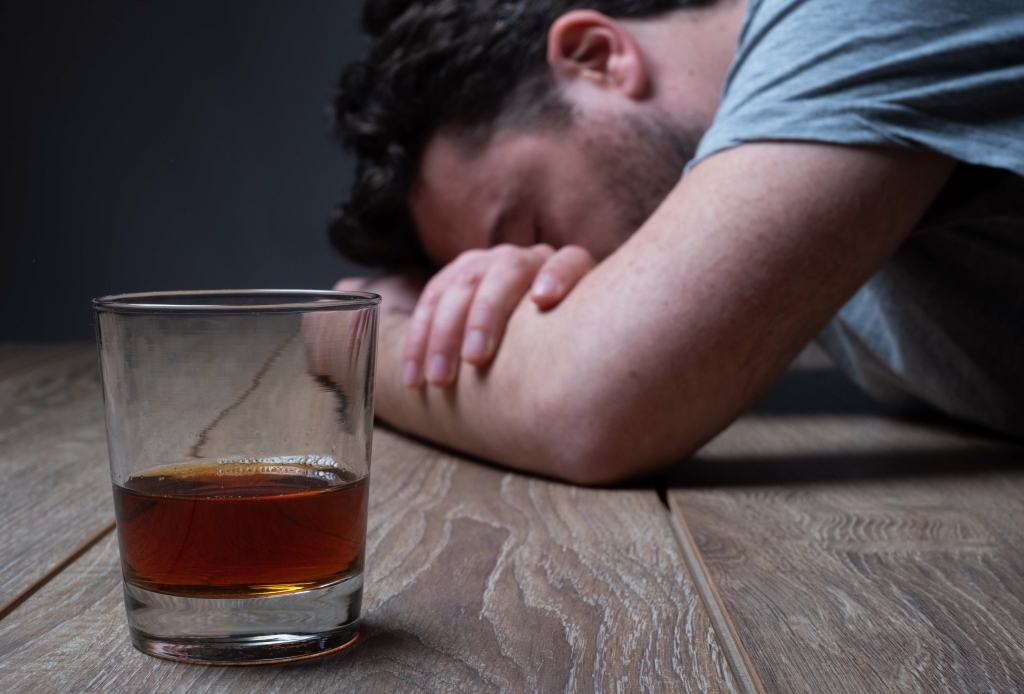We know changing habits can be hard, and it takes real effort and sometimes a bit of a push Halfway house to get going. When you take charge of your health, you also take charge of your life. A medical professional can advise you on the best course of action to take, and you should also seek support from your loved ones.
Knowing When to Call the Doctor
Additionally, heavy and chronic alcohol consumption can lead to liver damage, resulting in reduced blood clotting abilities and increased susceptibility to bruising and bleeding. Alcohol misuse can also cause a vitamin C deficiency, which is essential for wound healing. Other factors include loss of coordination, making injuries more likely, and the negative impact of alcohol on does alcohol make you bruise easier overall health, including the brain and heart. If you are concerned about your drinking or any symptoms, seek prompt advice from a healthcare provider. Prolonged heavy drinking can also increase a person’s risk of more serious conditions, such as skin cancer. It can also cause skin changes resulting from alcoholic liver disease.
Therapy and counseling sessions can assist individuals in understanding the underlying reasons for their alcohol misuse and develop strategies to cope with triggers and cravings. These sessions may include cognitive-behavioral therapy (CBT), motivational interviewing, and support group participation, such as Alcoholics Anonymous (AA) or other similar programs. Drinking plenty of water can help to keep the nasal passages moist and reduce the risk of irritation and inflammation. It’s important to talk with your dermatologist about your drinking habits. For starters, drinking could keep your psoriasis treatment from doing its job.
Too much alcohol intake increases the likelihood of bruising but leaves your body incapable of healing and clotting blood. Be responsible in your levels of intake, one drink a day for women, two for men. Do not binge drink as this can hurt the liver and vessels in the blood and increase all the other risks of bruising.
Is Bruising a Sign of Alcohol Dependence?
The inflammatory disease process (rheumatoid arthritis, lupus and the like) can lead to a low platelet count and affect how well your blood clots following an injury. Heavy alcohol consumption increases the risk of various cancers, high blood pressure, heart disease, and stroke. It can also lead to malnutrition, causing deficiencies in vitamins and minerals essential for skin health and wound healing, further contributing to bruising.
Alcoholic Myopathy: Symptoms, Risks & Treatment
Hence, drinking before bed can cause sleep disruptions later in your sleep cycle and lead to insomnia symptoms over time. If you’ve noticed consistent weight gain, it may be time to reflect on your drinking habits. Alcohol can reduce pain sensitivity, potentially making bruises feel less painful. Yes, alcohol can interact with certain medications, amplifying their side effects and potentially increasing the risk of bruising. No, bruises can occur due to various reasons such as physical trauma or the use of certain medications, in addition to alcohol consumption. This means it’s a substance that actually relaxes the muscular walls of the blood vessels and allows more blood to flow to the skin and tissues — aka a blood thinner.

Alcohol: Juice for the “Jimmy Legs”
Ever had an unexpected bump against a table corner or a minor mishap during sports that led to a bruise? Bruises, those colorful badges of honor, can show up when we least expect them and sometimes, we are not entirely sure how we got them. Protect your skin by wrapping the ice in a washcloth or paper towel.
Jaundice occurs when the liver is unable to effectively process bilirubin, a yellow pigment produced from the breakdown of red blood cells. Remember, properly treating alcohol-induced skin problems often involves addressing the underlying alcohol misuse issue through therapy, counseling, and rehabilitation. By improving your overall health and addressing any underlying alcohol-related concerns, you can work towards improving your skin conditions as well. Seeking medical attention is an essential step in this process to ensure comprehensive care for both your skin and overall well-being. When it comes to alcohol-induced skin problems, it’s important to know when to seek medical attention for proper evaluation and management.

Your nail may lift off your finger or toe, and the color of your nail may change. You should go see your doctor if you’re bleeding and it won’t stop, the pain is too intense, or you see a lot of damage to the base of your nail. These conditions can cause organ damage, so if you suspect you have vasculitis, you should go see your doctor.
That is why we need real, doable steps to get our health back on track. From changing up what you eat to tweaking your daily routine, each step is a practical way to help you feel better. If you’re already feeling tired from anemia, alcohol consumption might make you feel even more drained because alcohol slows down your body and makes you feel more exhausted. Alcohol consumption can have various effects on the skin, including inflammation, immune responses, dehydration, and impaired nutrient absorption. Understanding these effects can shed light on the potential link between alcohol use and skin issues, https://ncsabuja.org.ng/2021/01/12/understanding-the-dangers-of-alcohol-overdose/ such as rashes. When you talk to your dermatologist, you can ask them if it’s safe for you to limit yourself to one drink a day if you’re a woman or two if you’re a man.
- Plus, you’re more susceptible to an accidental fall or bump after you’ve been drinking, anyway.
- Your body uses vitamin K to help your blood form clots to stop bleeding.
- Fibrosis is a buildup of certain types of protein in the liver, including collagen.
Skincare Practices to Minimize Reactions
- Understanding these effects can shed light on the potential link between alcohol use and skin issues, such as rashes.
- However, leaving these symptoms undiagnosed and untreated — especially while continuing to consume alcohol — can lead to a faster progression of liver disease over time.
- Research shows that people who have psoriasis drink more alcohol than people without the condition.
Skin sensitivity may increase due to alcohol’s impact on blood vessels, hydration levels, and immune responses. Alcohol is a vasodilator, causing blood vessels to relax and expand, which increases blood flow throughout the body. This vasodilation can lead to blood vessel breakdown, making individuals more susceptible to bruising, even without any apparent trauma. Additionally, alcohol thins the blood by interfering with platelet production and reducing their stickiness, further prolonging bleeding time and promoting bruising.
